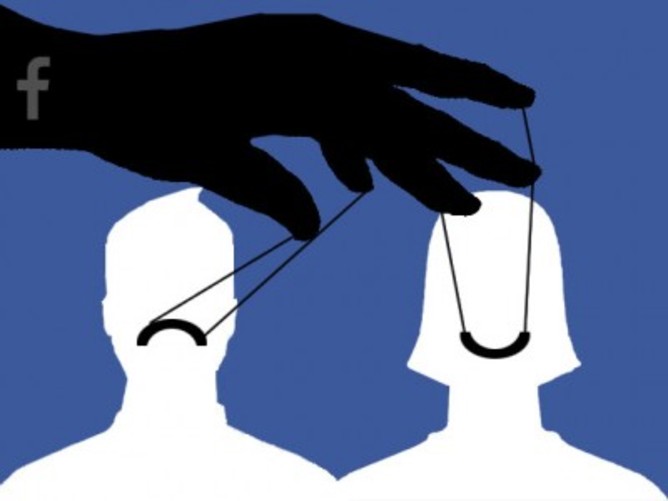It's long been common in claims about food and chemicals - glyphosate in breast milk, endocrine disruption homeopathy beliefs, annual fad diets etc. - but because journalists will state anything authoritatively if it comes from a journal, it's even become common in claims about climate change and COVID-19.
Some scientists resent that corporate media influence, that is how we know a prominent journal made it clear that if a climate change paper was going to "pass peer review", it had to be more alarming.
In neither case did the authors have to fake claims, they didn't even have to refuse to show data for their unsubstantiated conspiracy beliefs, like how Giles-Eric Seralini and Tyrone Hayes ave long refused, they just had to amplify things, notes Ben Mazur in The Altantic.

Sometimes because editors at the media corporations doing the publishing want it, and so do the peer-reviewers who act as gatekeepers.
That's what sells. PNAS, for example, routinely produces garbage - and not just when they let a close personal friend be the lone reviewer of a paper, as in the Tyrone Hayes 'atrazine turns frogs gay' incident that I exposed in the Wall Street Journal. They also published goofy claims that men are so sexist that female named Hurricanes caused more damage. Men don't take them as seriously. That Black people look 'blacker' during a recession like we have now. They published a paper by Facebook employees who were literally controlling user feeds to create a desired effect.
Will a lone critical thinker writing in The Atlantic make a difference? It can. After my Wall Street Journal piece, PNAS announced they were removing the legacy mechanism whereby a member of the Academy could designate themselves as sole editor and hand-walk something for a friend past peer review, as David Wake did for Tyrone Hayes.


Comments